Cardiac Imaging
While cardiac ultrasound is the widely used imaging modality for heart assessments, computed tomography (CT), magnetic resonance imaging (MRI) and nuclear imaging are also used and are often complimentary, each offering specific details about the heart other modalities cannot. For this reason the clinical question being asked often determines the imaging test that will be used.

Displaying 17 - 24 of 1438


![Advanced artificial intelligence (AI) models can evaluate cardiovascular risk in routine chest CT scans without contrast, according to new research published in Nature Communications.[1] In fact, the authors noted, the AI approach may be more effective at identifying issues than relying on guidance from radiologists. Representative non-contrast CT slices for two patients (left), with super-imposed segmentations (right). One artificial intelligence (AI) model was used to segment a cardiac mask.](/sites/default/files/styles/top_stories/public/2024-04/screen_shot_2024-04-23_at_10.44.32_am.png.webp?itok=O8wgPFEZ)

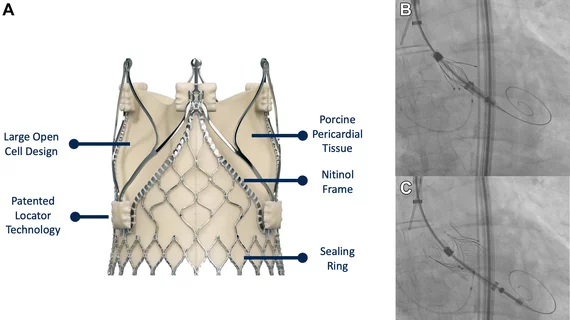
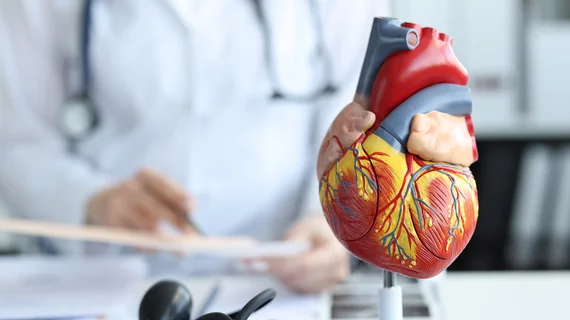

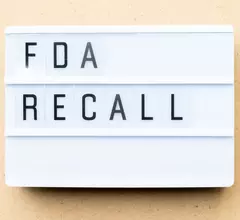


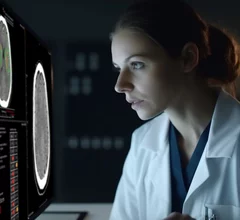
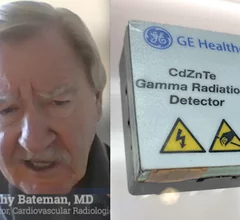
![Virtual reality (VR) can help cardiologists plan for transcatheter aortic valve replacement (TAVR) procedures and predict the presence and severity of post-TAVR paravalvular leak (PVL), according to new research published in the Journal of Invasive Cardiology.[1]](/sites/default/files/styles/240x220/public/2024-03/screen_shot_2024-03-25_at_4.04.23_pm.png.webp?itok=2Hrp7xbn)